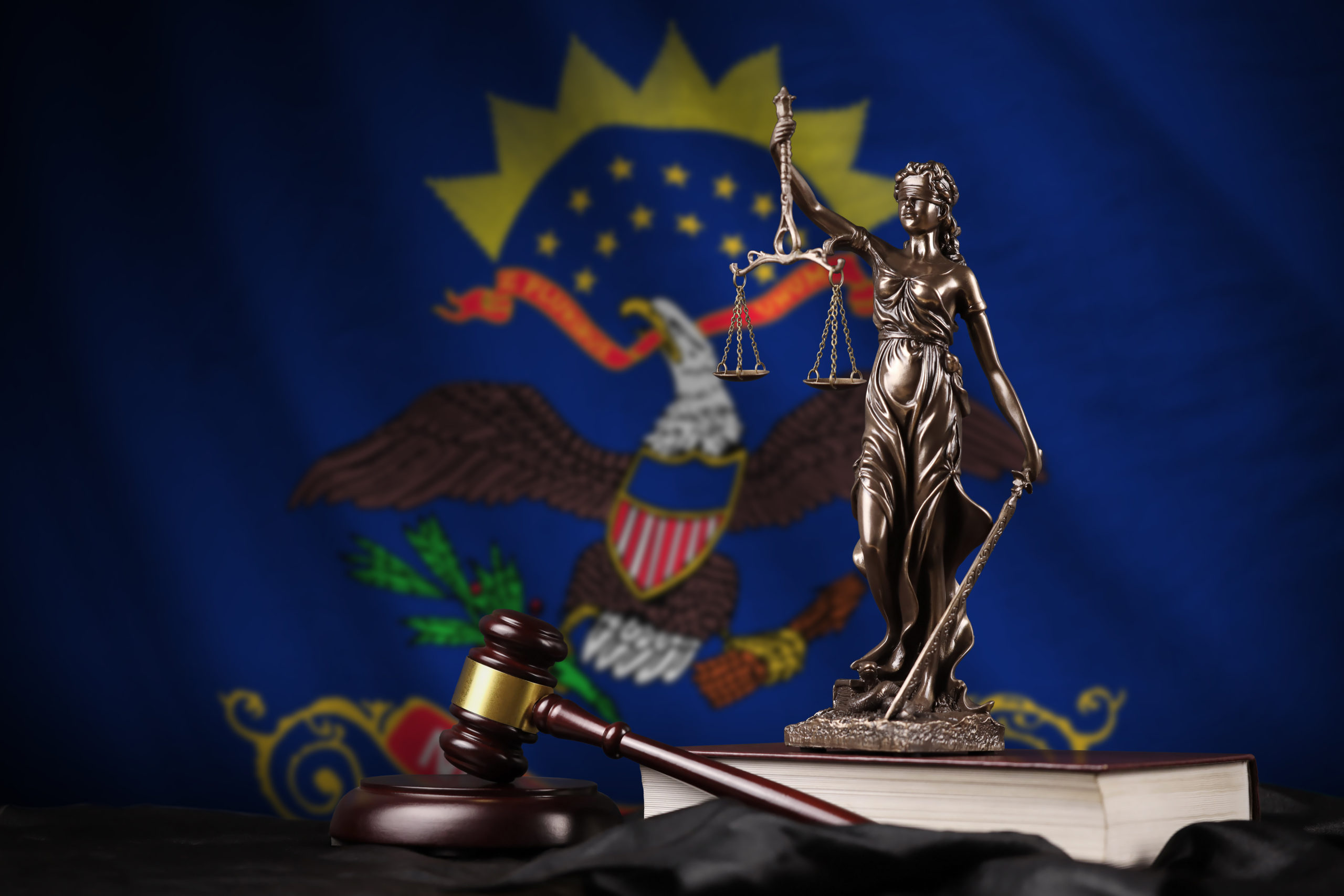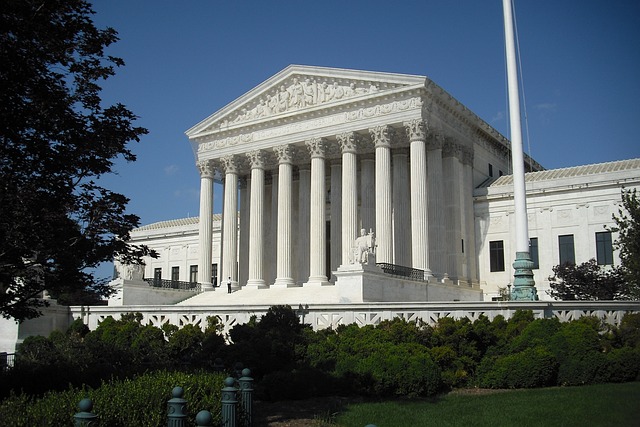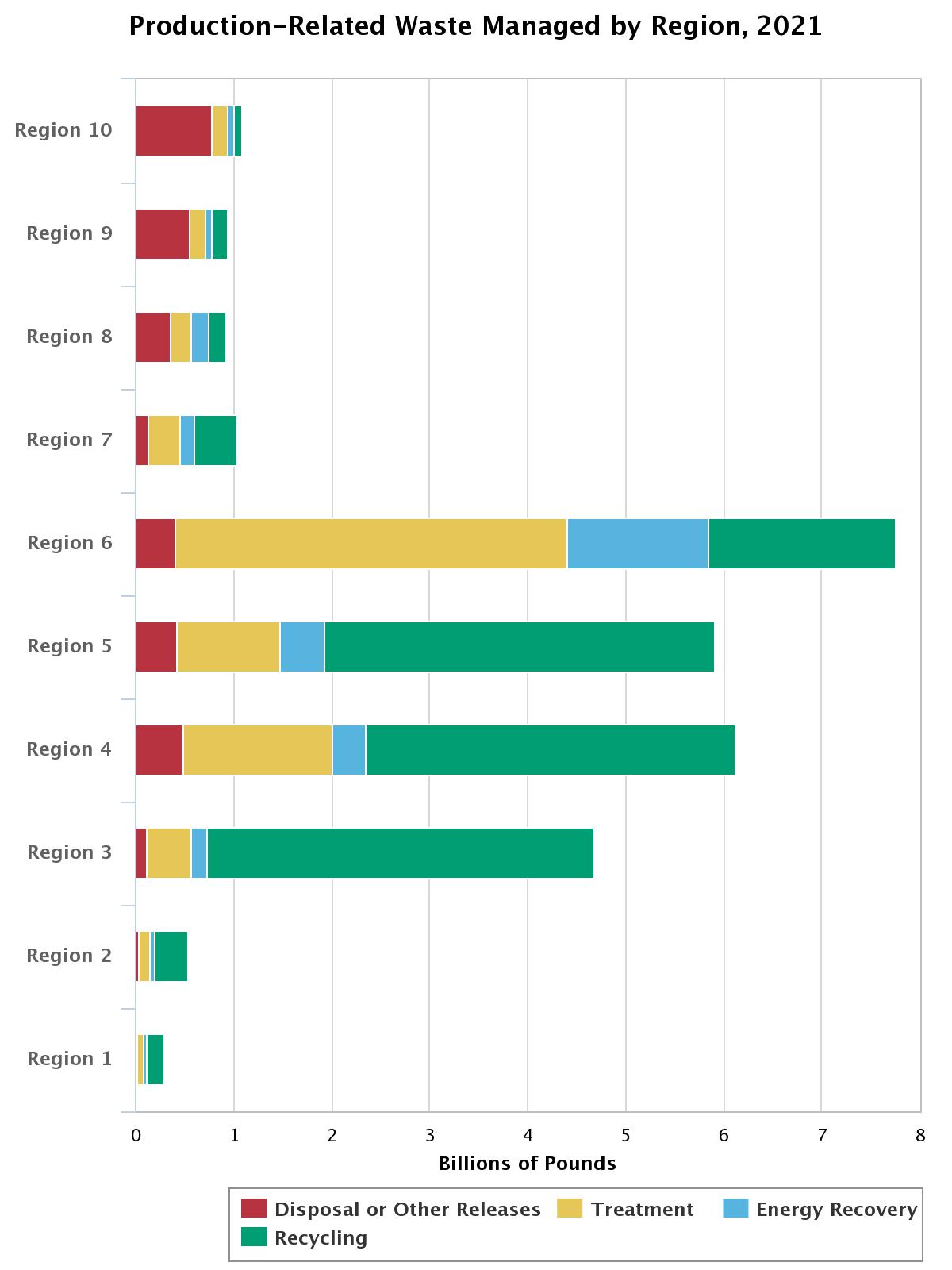The U.S. Environmental Protection Agency (USEPA) and Army Corps of Engineers claimed a small victory in July when a U.S. District Court granted a motion to stay the lawsuit brought by Texas, Idaho, and several industry groups against the USEPA’s Waters of the United States (WOTUS) rule. Judge Jeffrey Brown of the Southern District of Read More
Tag: USEPA
USEPA Proposes Chemical Review Process Reforms
The U.S. Environmental Protection Agency (USEPA) has proposed amendments to the regulations that govern its review of new chemicals under the Toxic Substances Control Act (TSCA). Under TSCA, the USEPA reviews the potential risks of new chemicals before they enter U.S. commerce and, when necessary, establishing safeguards to protect human health and the environment. The Read More
WOTUS Rule Blocked in 26 States While Bill to Overturn WOTUS Vetoed
A Federal court judge in North Dakota issued a preliminary injunction in mid-April against the implementation of the Waters of the United States (WOTUS) Rule proposed by the U.S. Environmental Protection Agency (USEPA). The ruling includes 24 States that jointly filed in North Dakota, including Montana, South Dakota, Utah, and Wyoming. The decision came on Read More
Public Input and Data Requested for PFAS Strategic Roadmap
The U.S. Environmental Protection Agency (USEPA) is issuing an Advance Notice of Proposed Rulemaking (ANPRM) asking the public for input regarding potential future hazardous substance designations of per- and polyfluoroalkyl substances (PFAS) under the Comprehensive Environmental Response, Compensation, and Liability Act (CERCLA), also known as the “Superfund” Program. The request for input and information follows Read More
Injunction Blocks WOTUS Rule in Two States
On March 20, the final rule by the U.S. Environmental Protection Agency (USEPA) and the U.S. Department of the Army establishing a definition of “Waters of the United States” (WOTUS) became effective in 48 States. However, a Federal judge in Galveston, Texas granted an injunction to block WOTUS from going into effect in Texas and Read More
Decline in Region 5 & 8 Toxics Release Inventory Chemicals
The U.S. Environmental Protection Agency (USEPA) released its 2021 Toxics Release Inventory (TRI) National Analysis, which shows that environmental releases of TRI chemicals from facilities across the nation are declining. Releases in 2021 were 10% lower than 2012 releases, even with an 8% increase from 2020 to 2021. Nationwide, facilities managed more than 89% of Read More






